Maike Hansen (33) studied in five countries, won the Descartes-Huygens Prize and now leads her own research group at Radboud University Nijmegen. She wants to understand the molecular processes in cells so well that we can influence them. ‘I think in molecules, but what matters to me is the application.’
Maike Hansen travelled half the world for her school and study career. She was born in Germany, attended primary school in Italy and secondary school in Belgium, studied in England, got her PhD in the Netherlands, did her postdoc in San Francisco and finally settled down in Nijmegen to start a research group. There, she studies how small differences between cells can result in completely different behaviour at the cellular level.
Unravelling
As an assistant professor of biophysics, Hansen investigates fundamental questions in cell biology, but she ultimately wants to move towards societal impact. She is trying to unravel the molecular workings of the cell. ‘How many molecules are in a cell or how molecules move can make a difference at the cell level. For example, one cell is resistant to a cancer drug and another is not, which can lead to metastasis or the cancer coming back.’ The application is most interesting to Hansen. She hopes to discover a molecular process that she can actually influence, so that she can answer medically relevant questions.
‘My own research is not my only priority’
In 2021, Hansen won the Descartes-Huygens Prize, a grant that allows her to strengthen her collaboration with the Institut Cochin in Paris. In their joint research, they study how HIV and coronaviruses replicate and spread on a molecular scale. In Hansen’s case, the money goes mainly to research materials, but it is also supposed to fund mutual visits between the two labs.
Priority
The Netherlands is the most fun to live and work in, Hansen believes, mainly because there is little hierarchy. That gives plenty of room to ask questions and grow. ‘People are very open and collaborate well. Foreign students have to get used to everyone being approachable, but after that you feel safe.’
Hansen is aware of the opportunities she has been given. Her home situation has allowed her to gain experience in different countries. Now she sees it as her responsibility to actively help people who have fewer opportunities to move forward. Part of her work involves mentoring and working with young researchers. ‘My own research is not my only priority. It is also about helping people who need it because they have had a more difficult journey.’
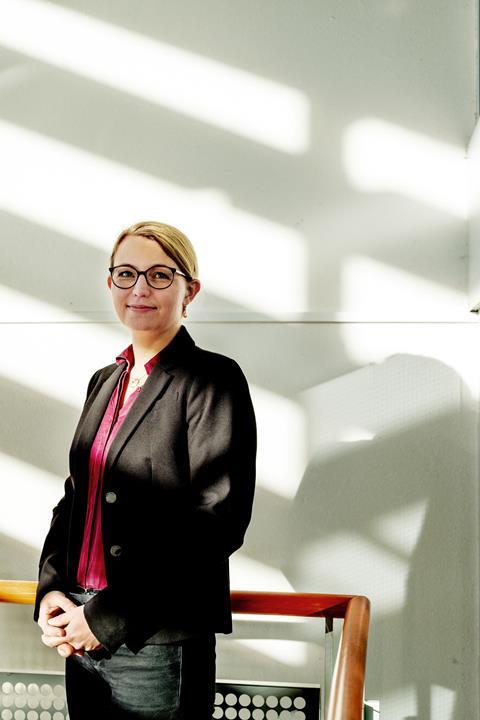
Who is Maike?
What and where did you study?
‘Bachelor and master in chemical biology at Warwick University in England, PhD in molecular biochemistry at RU Nijmegen, postdoc in virology at UCSF in San Francisco.’
What motivates you in your work?
‘Two things. Firstly, those moments when I better understand a problem. If you’re lucky, you have them once every few weeks. Secondly, seeing colleagues and students around me grow. When I notice that they do well or understand something, I quickly forget everything else.’
What are your short-term ambitions?
‘To expand the research group. There are four of us and a couple of students. It would be nice to get to 10 people. But also to do fun research and to understand better and better how cells work.’
What are your long-term ambitions?
‘To have an impact on medically relevant questions and thus improve something in society. For example, finding a drug that improves cancer therapy.’
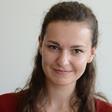


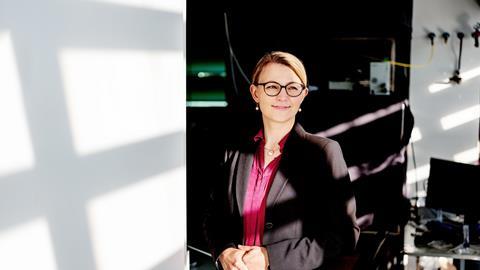

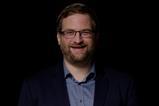
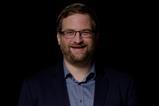
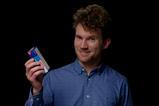










Nog geen opmerkingen